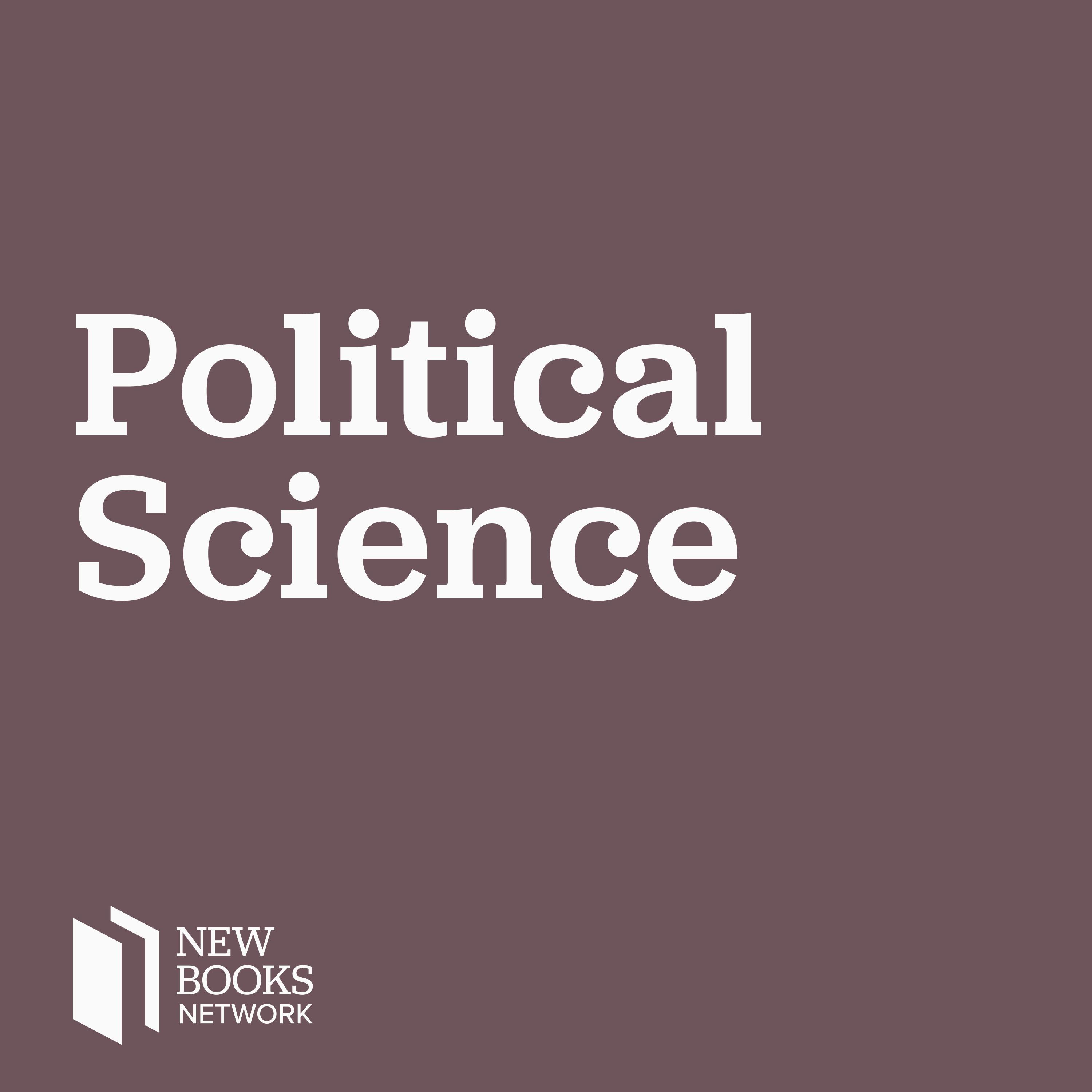Michael J. Graetz, "The Power to Destroy: How the Antitax Movement Hijacked America" (Princeton UP, 2024)
Description
The anti-tax movement is "the most important overlooked social and political movement of the last half century", according to our guest Michael J. Graetz.
In his book The Power to Destroy: How the Antitax Movement Hijacked America (Princeton UP, 2024), Graetz chronicles the movement from a fringe theory promoted by zealous outsiders using false economic claims and thinly veiled racist rhetoric to a highly organized mainstream lobbying force, funded by billionaires, that dominates and distorts politics.
Building on vague and disproven theories about "supply side" economics, the movement has undermined long-held beliefs that taxes are a reasonable price to pay for civil society, sound infrastructure, national security, and shared prosperity.
Leaders have attacked the IRS, protected tax loopholes, and pushed aggressively for tax cuts from Ronald Reagan to Donald Trump. Also known as "trickle-down" or "voodoo" economics, these theories falsely claim that tax cuts will pay for themselves, when in fact they have led to the need for increased debt, including massive foreign debt, to pay for critical national investments.
The antitax movement has expanded to include anti-government ideas and now, as told by Graetz, threatens the nation’s social safety net, increases inequality, saps American financial strength, and undermines the status of the US dollar.
In 1819, Chief Justice John Marshall declared that the power to tax entails “the power to destroy.” In this book Graetz argues that it is the antitax movement itself that wields this destructive power.
Suggested reading: Cloud Cuckoo Land, by Anthony Doerr
Learn more about your ad choices. Visit megaphone.fm/adchoices
Support our show by becoming a premium member! https://newbooksnetwork.supportingcast.fm/political-science
More Episodes
Nationalism has long been a normatively and empirically contested concept, associated with democratic revolutions and public goods provision, but also with xenophobia, genocide, and wars. Moving beyond facile distinctions between 'good' and 'bad' nationalisms, Varieties of Nationalism:...
Published 05/04/24
This week, RBI Director John Torpey speaks with Amos Goldberg, Professor of Holocaust History at the Department of Jewish History and Contemporary Jewry at the Hebrew University of Jerusalem, about the ongoing war between Israel and Hamas. Among other rhetorical aspects of the conflict, Goldberg...
Published 05/01/24
When we think of censorship, our minds might turn to state agencies exercising power to silence dissent. However, contemporary concerns about censorship arise in contexts where non-state actors suppress expression and communication. There are subtle and not-so-subtle forms of interference that...
Published 05/01/24


